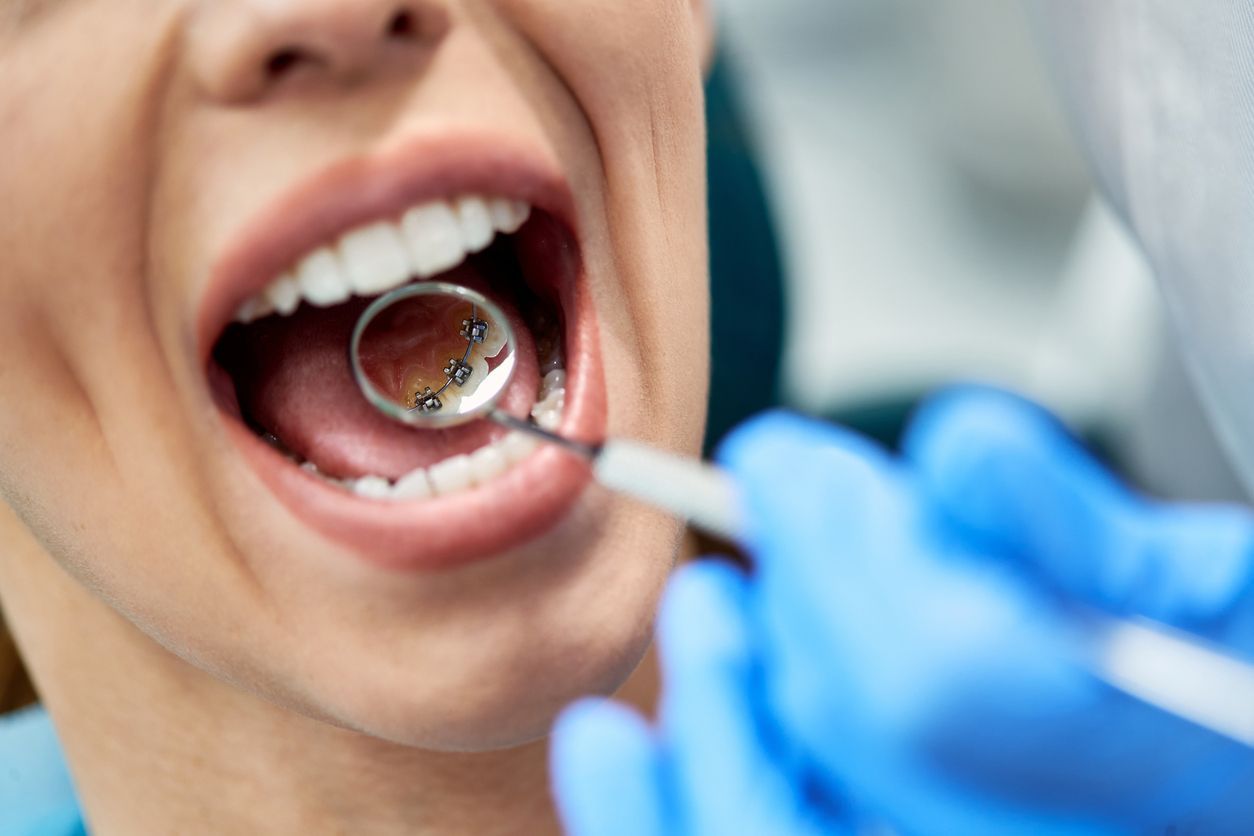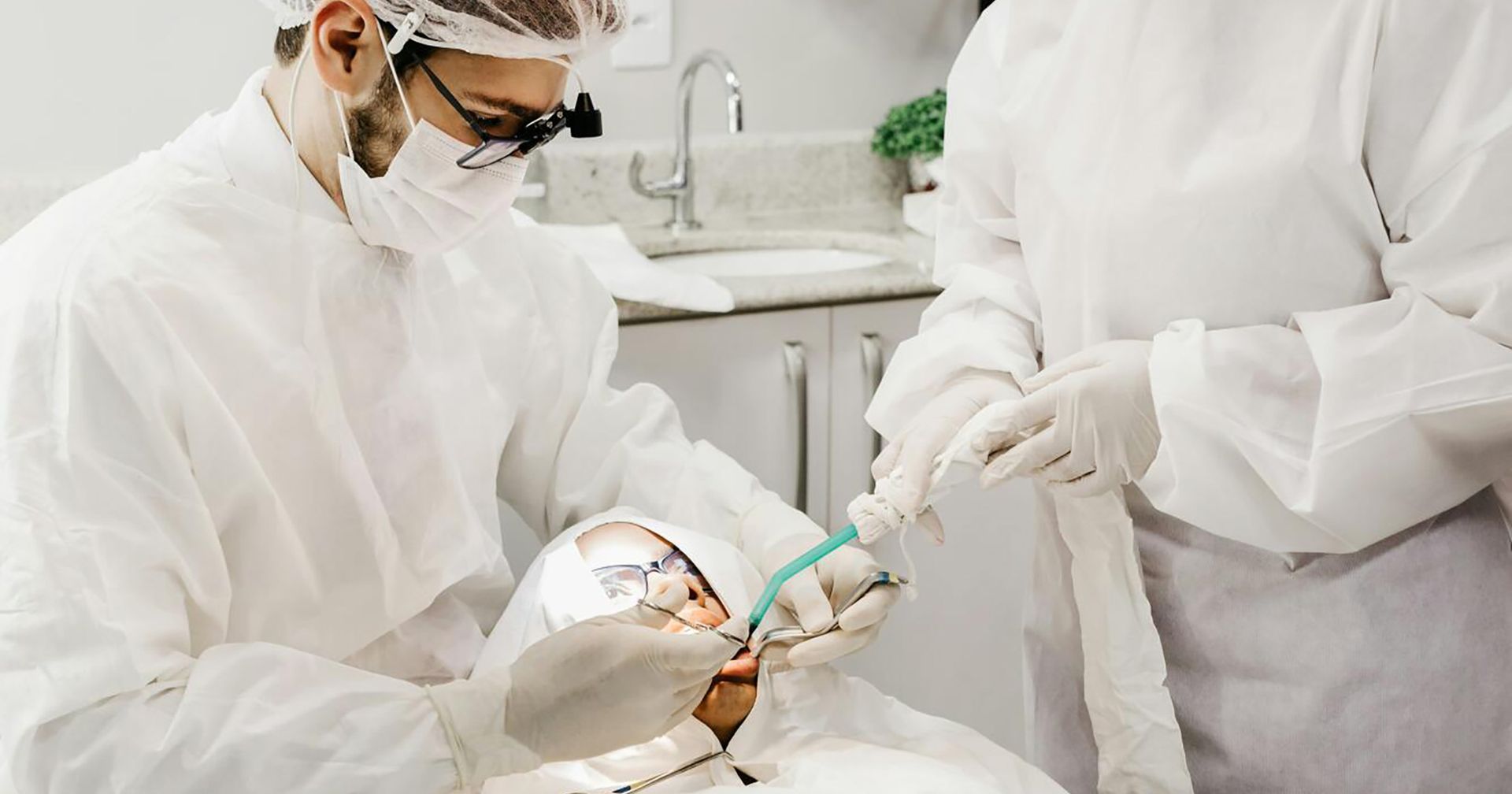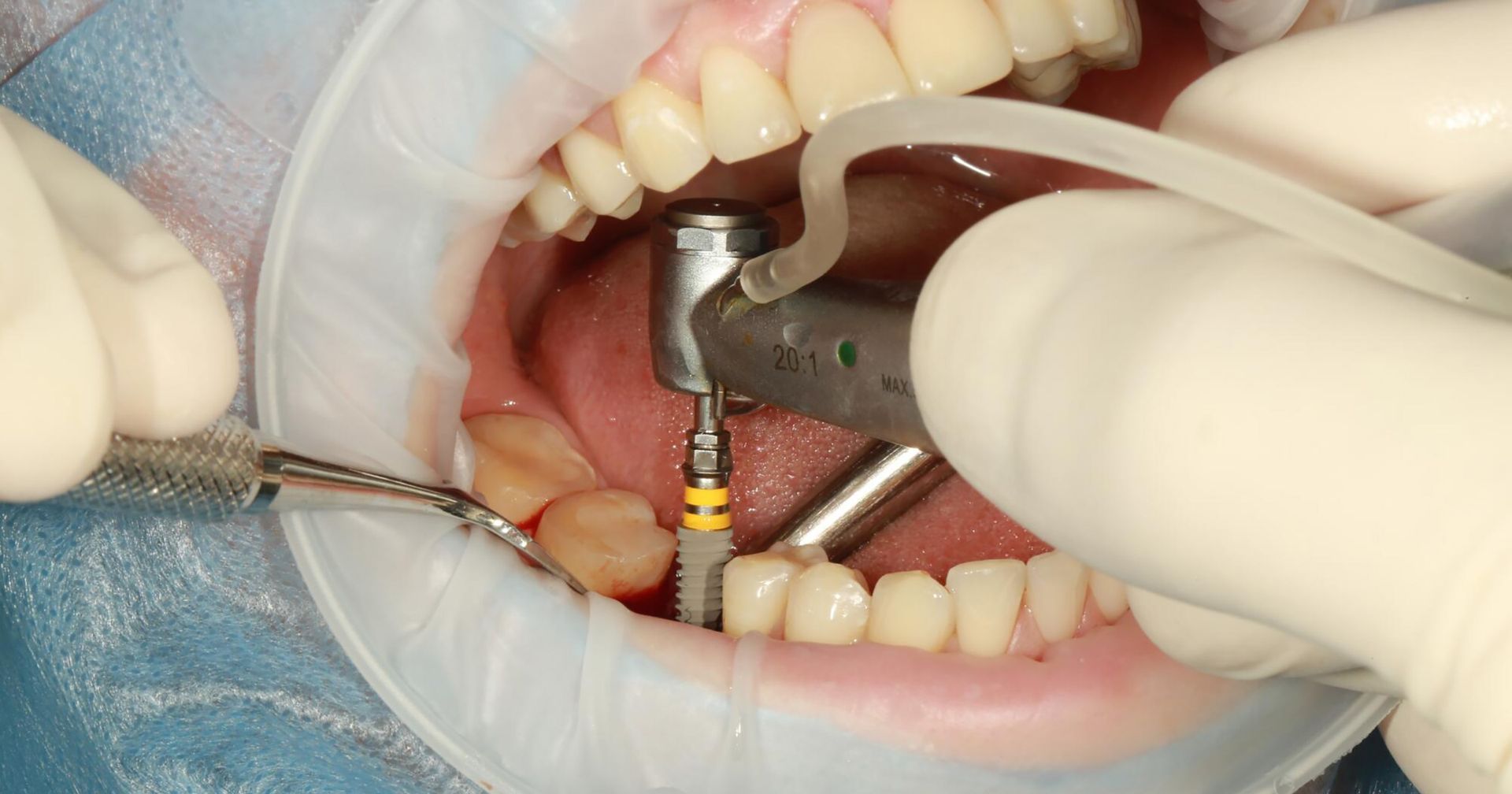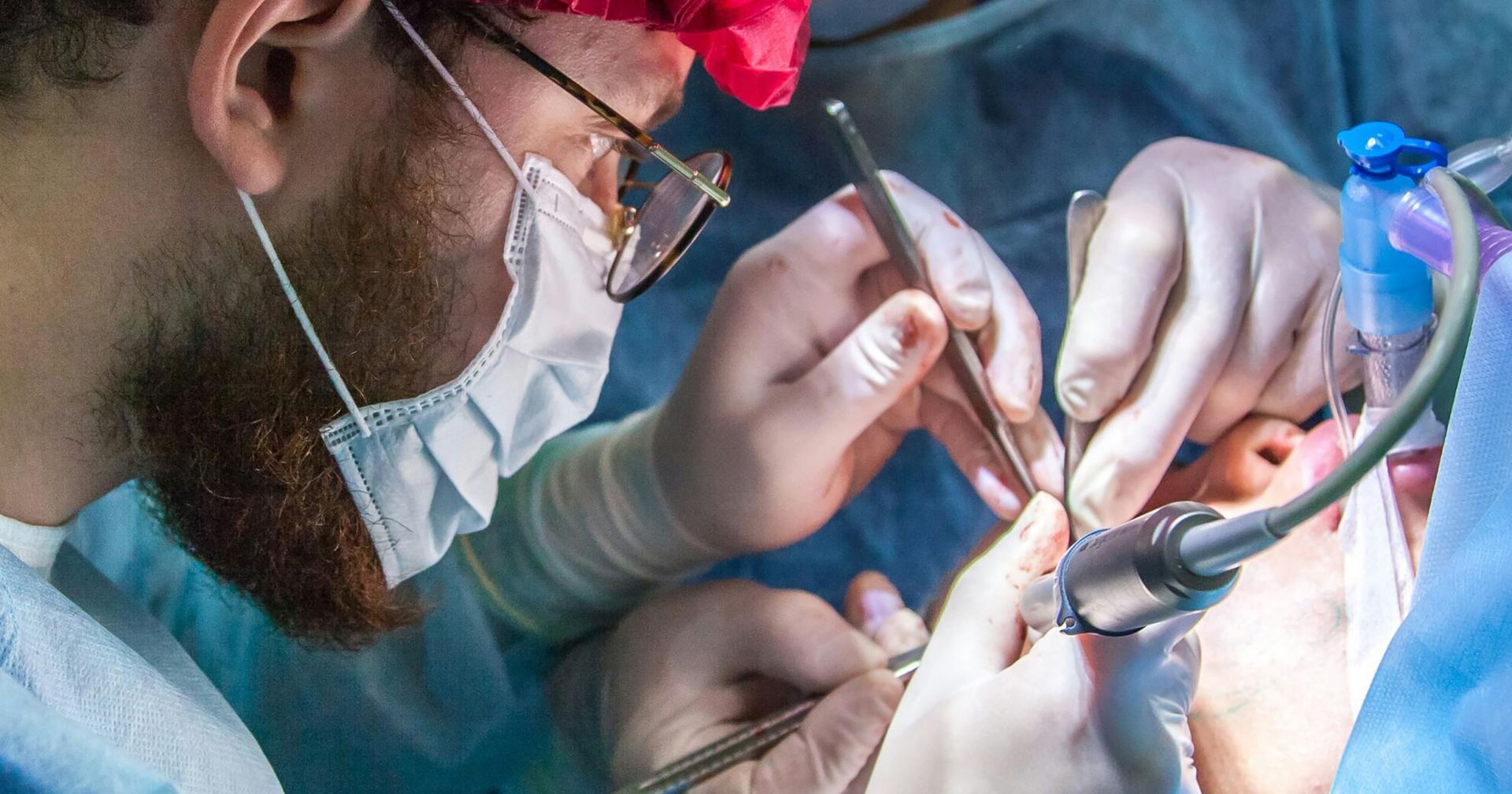Dental Implants Spotlight: Understanding Their Role in Full Mouth Reconstruction
Learn the significant impact of dental implants on full mouth reconstruction. Discover their benefits and how they can transform your smile today.
According to the National Institute of Dental and Craniofacial Research, around
90% of Americans between the ages of 20 and 64 suffer from tooth decay. Issues like these can lead to major health complications, and they can sometimes require facial reconstruction. Dental implants are a key component in full mouth reconstruction, offering a durable and effective solution for replacing missing teeth.
Understanding how dental implants work and their role in dental restoration can help you make informed decisions about comprehensive dental solutions that meet your needs. In the guide below, we'll explore key information that can help you determine if they're right for you.
How Dental Implants Work
Dental implants play a vital role in restoring oral function and aesthetics for patients undergoing full mouth reconstruction. They act as artificial tooth roots, providing a stable foundation for dental restorations such as:
- Crowns
- Bridges
- Dentures
A major advantage of implants is their ability to preserve the jawbone, preventing bone loss often seen with missing teeth. With their stability, patients can speak and smile confidently. Unlike traditional dentures, implants are fixed in place, ensuring they don't shift or slip over time.
Benefits of Dental Implants
The benefits of full mouth reconstruction using dental implants extend beyond just aesthetics. Implants provide a long-lasting solution that mimics the natural function of real teeth.
Patients experience improved chewing ability, allowing them to enjoy a wider variety of foods. Furthermore,
dental implants help maintain facial structure by preventing the bone deterioration that occurs when teeth are missing. They also enhance self-confidence by delivering a permanent solution that feels natural and secure.
Types of Dental Implants
Patients exploring
dental restoration options will find that different types of implants cater to various needs. Traditional implants, typically made of titanium, are the most common and durable option for full mouth reconstruction. Some patients may require mini implants, which are smaller in size and often used when bone density is lower.
For those missing multiple teeth,
implant-supported bridges or bridges are another effective option. Each type offers unique advantages, depending on the specific needs of the patient.
The Implant Procedure Step-by-Step
Getting dental implants involves a multi-step process that begins with an initial consultation.
During the consultation, the dentist will evaluate the patient's oral health and determine the best course of action.
Next, the implant is surgically placed into the jawbone, where it will gradually fuse with the bone over several months. After the healing period, an abutment is attached, which will hold the final result. A custom-made crown or bridge is then placed on top, completing the
dental restoration.
Who Is a Candidate for Full Mouth Reconstruction?
Patients who have lost several or all of their teeth, either due to injury or decay, are often ideal candidates for full mouth reconstruction. Healthy gums and sufficient bone density are crucial factors in determining eligibility for implants.
However, if bone loss has occurred, bone grafting may be necessary to support the implants. Those looking for
comprehensive dental solutions to restore both function and appearance are encouraged to consult with their dentist. A thorough evaluation will reveal the best approach for achieving a healthy, complete smile.
Improving Functionality With Dental Implants
Patients who undergo full mouth reconstruction often find that dental implants greatly improve their daily lives. Implants restore chewing ability, allowing individuals to eat a
balanced diet without restrictions.
Speaking clearly becomes easier, as the implants remain securely in place, unlike removable dentures. Additionally, implants distribute bite forces evenly across the jaw, reducing wear on surrounding natural teeth. With restored functionality, individuals regain confidence in both their appearance and oral health.
Expected Longevity and Durability
Dental implants are
known for their longevity and durability, making them a reliable solution for those needing full mouth reconstruction. With proper care, implants can last a lifetime, providing a permanent solution that requires minimal maintenance.
The materials used (such as titanium) are biocompatible and resistant to corrosion. Patients who practice good oral hygiene and attend regular check-ups can expect their implants to remain strong and functional for many years. Unlike other
dental restoration options, implants do not need to be replaced regularly.
Aftercare Procedure
Proper aftercare is essential to ensure the success and longevity of dental implants. Patients are advised to maintain a routine of brushing and flossing to keep the surrounding gums and tissues healthy.
Regular dental visits allow the dentist to monitor the implants and address any potential issues early. While implants are
designed to be durable, avoiding excessive force on them (such as chewing hard objects) will prolong their lifespan. Adhering to these aftercare practices will help ensure that the implants remain a lasting part of the patient's smile.
Finding the Right Dentist
Choosing the right dentist is essential for maintaining your oral health and ensuring long-term success with any treatments you receive. It's essential to find someone who offers comprehensive dental solutions and takes the time to understand your unique needs.
Start by asking for recommendations from friends or family members, and check online reviews for a more comprehensive picture of the dentist's reputation (staying wary of
fake ones in the process).
Additionally, consider the dentist's experience with specific procedures, such as dental implants or other restorative treatments. Look for a practice that makes you feel comfortable and provides clear communication about treatment options and costs.
Scheduling a consultation allows you to get a feel for the dentist's approach and ask any questions before committing to a procedure. Finding a dentist who is both skilled and approachable will help ensure that your oral treatment is tailored to your needs.
Leverage Dental Implants for Full Mouth Reconstruction
Dental implants play a transformative role in full mouth reconstruction, offering a lasting solution for those seeking to restore both functionality and aesthetics. Consult with a qualified professional to explore how this treatment option can provide what you need for a healthy, confident smile.
The Tabas Center for Advanced Dentistry offers comprehensive dental care with a focus on dental implants. With over 13 years of patient satisfaction, we provide personalized care to meet each patient's unique needs. You'll learn more about how we can help when you schedule a consultation today.











